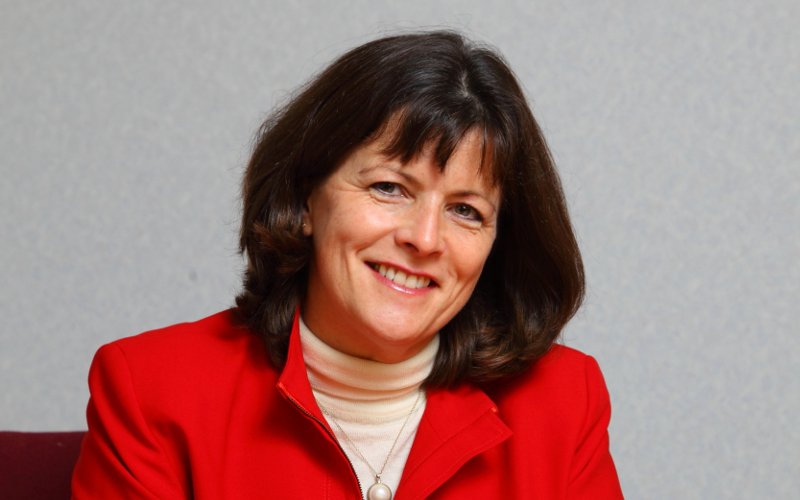Davies said brokers need to offer a more holistic approach to advice.

The role of the intermediary is set to become more complex as a new generation of clients seek broader financial advice, according to Kate Davies, executive director of IMLA.
Davies (pictured) said that brokers have an opportunity to expand their businesses by offering a more holistic approach to advice, but also know when and where to refer clients for other areas of financial planning.
Speaking on the latest Accord Growth Series podcast, Davies said that with most first-time buyers now in their 30s, clients’ financial needs are not just limited to mortgages.
She said being able to support with areas such as pensions, whether directly, or indirectly is key.
Davies also discussed how the private rented sector (PRS) should not be threatened by IMLA’s recent call for the regulator to review affordability and stress testing in order to get more people on the housing ladder.
She said: “There will always be a private rented sector as there are so many reasons people want to rent, but we need to get the regulator to reflect on where the (housing) market is and have a genuine debate on what we can do to improve it.”
Davies added that engagement with the regulator, on the findings in IMLA’s recent intergenerational report, was proving difficult.
The FCA did not have hard evidence that many potential first-time buyers are dropping out of the process because they were not meeting affordability calculations.
Jeremy Duncombe, director of intermediary distribution at Accord Mortgages who interviewed Kate, added: “IMLA has the needs of the intermediary sector at its heart and Kate’s desire to instigate changes in the housing market is clearly evident.
“If brokers have experience of current stress testing pushing buyers out, please share this with IMLA to help evidence the breadth of the problem and encourage more conversations to be had around affordability.”



